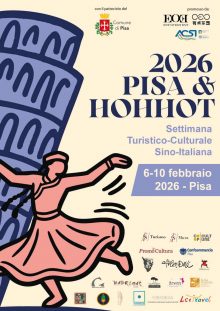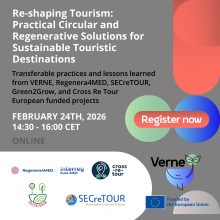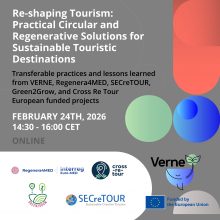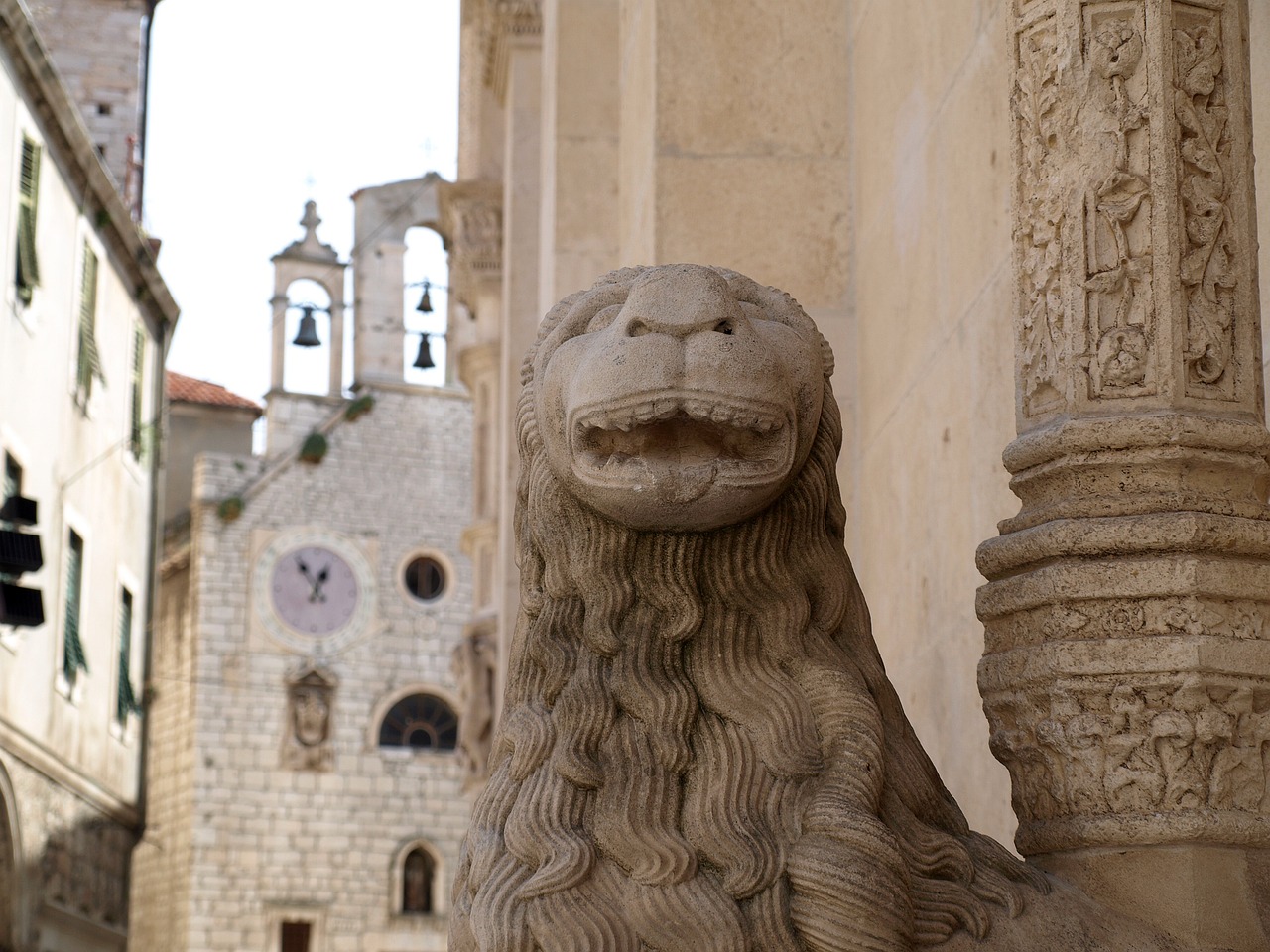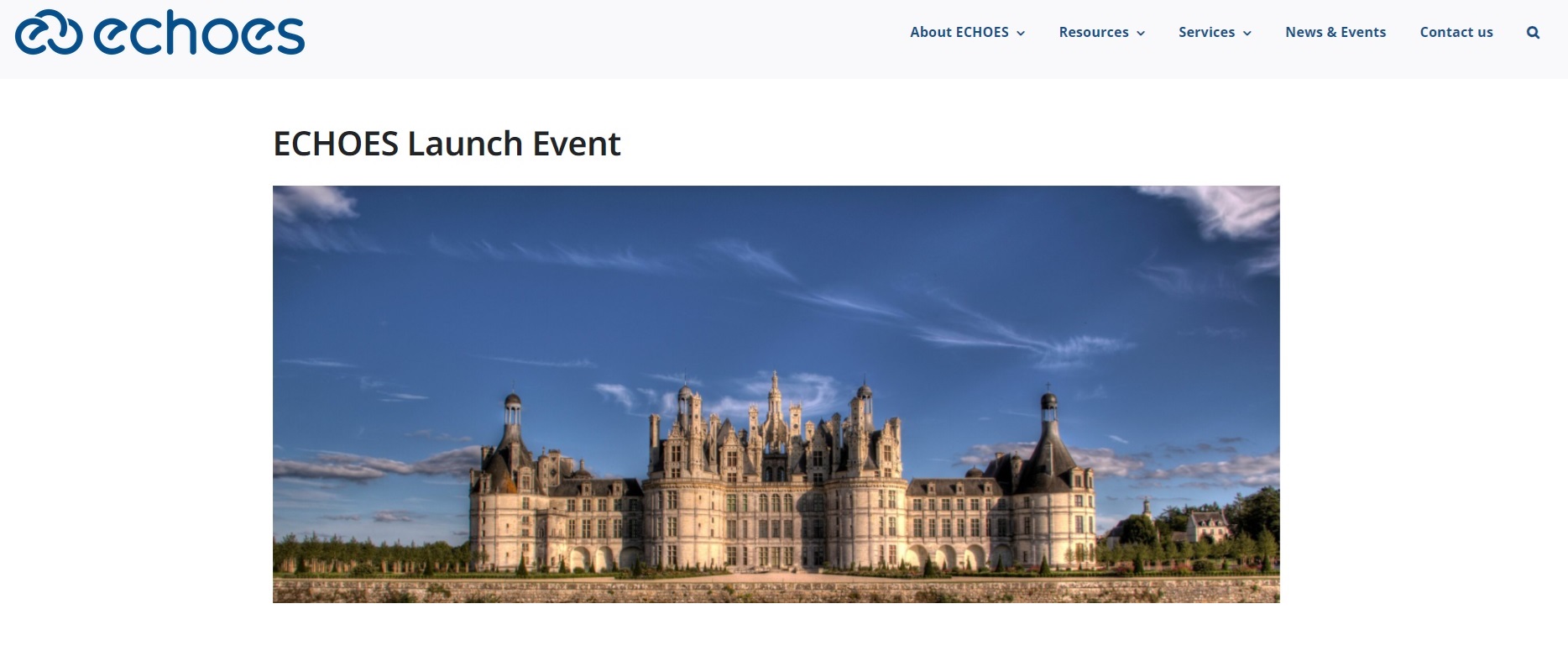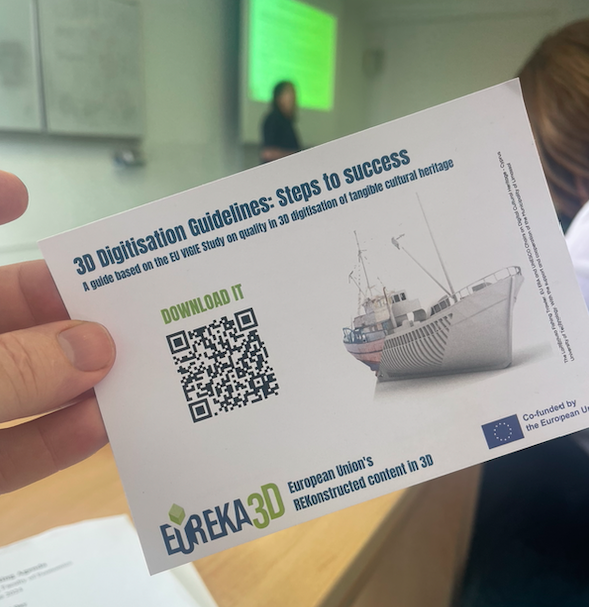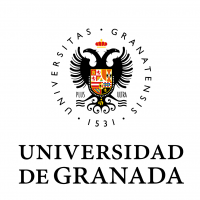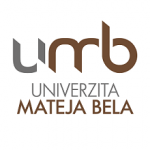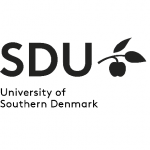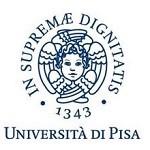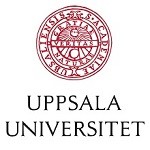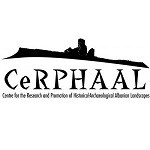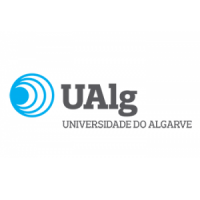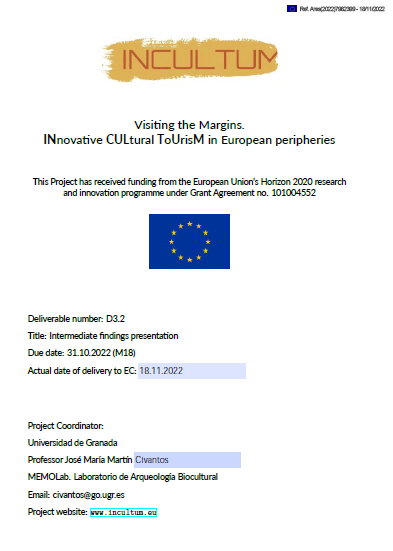 It is now available in the project’s website the recently released D3.2 Intermediate findings presentation for Data Analysis, an extensive document which provides apreliminary results of data analysis focused on the 10 Pilot cases study areas in INCULTUM project. We focus on three key areas that help us to establish a pre-pilot baseline: pre-pilot data collection by the pilot partners, pre-pilot trends in urban and regional development and tourism, and identification of proposed control regions.
It is now available in the project’s website the recently released D3.2 Intermediate findings presentation for Data Analysis, an extensive document which provides apreliminary results of data analysis focused on the 10 Pilot cases study areas in INCULTUM project. We focus on three key areas that help us to establish a pre-pilot baseline: pre-pilot data collection by the pilot partners, pre-pilot trends in urban and regional development and tourism, and identification of proposed control regions.
This deliverable was curated by Data Analysis WP leader SDU and presented findings from before the pilot phases for destinations where innovative approaches are introduced and for the proposed control regions. In particular, we discussed the data collection processes being implemented on the pilot level, we illustrated the urban and regional development and tourism activity of the pilot regions, and we presented the proposed control regions that will be used as a counterfactual to shed light on the short- to medium-term effects of the pilot actions.
We also outlined a number of challenges faced during the completion of the deliverable. We identified a number of issues related to data availability, as well as the impact of COVID. We also outlined a number of challenges that we may face as we progress with the remainder of the working package tasks. Where possible, we have discussed solutions
to these challenges and ways that we may turn these challenges into opportunities.
The full deliverable can be consulted from this page along with all the other public deliverables produced in the project.



